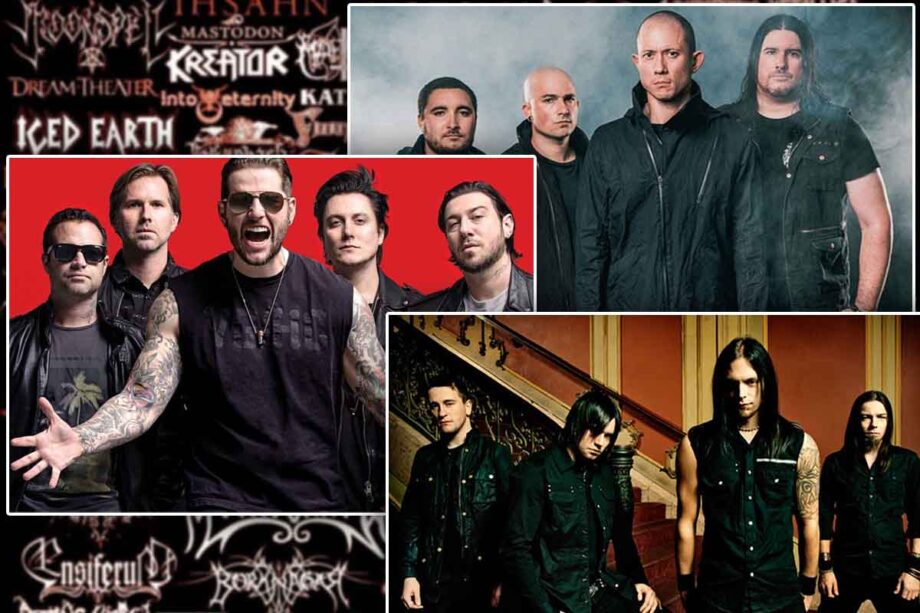Metal has always been a genre built on subgenres, each with its own die-hard following. From thrash to black metal, death to doom, every style comes with its own rules, aesthetics, and philosophies. And metalheads? They’re some of the most passionate music fans out there—often fiercely protective of their preferred style.
One of the most debated—and often dismissed—subgenres in the metal world is metalcore. Emerging in the late ’90s and exploding in popularity throughout the 2000s, metalcore has remained a divisive force in the scene.
The Roots Of Metalcore
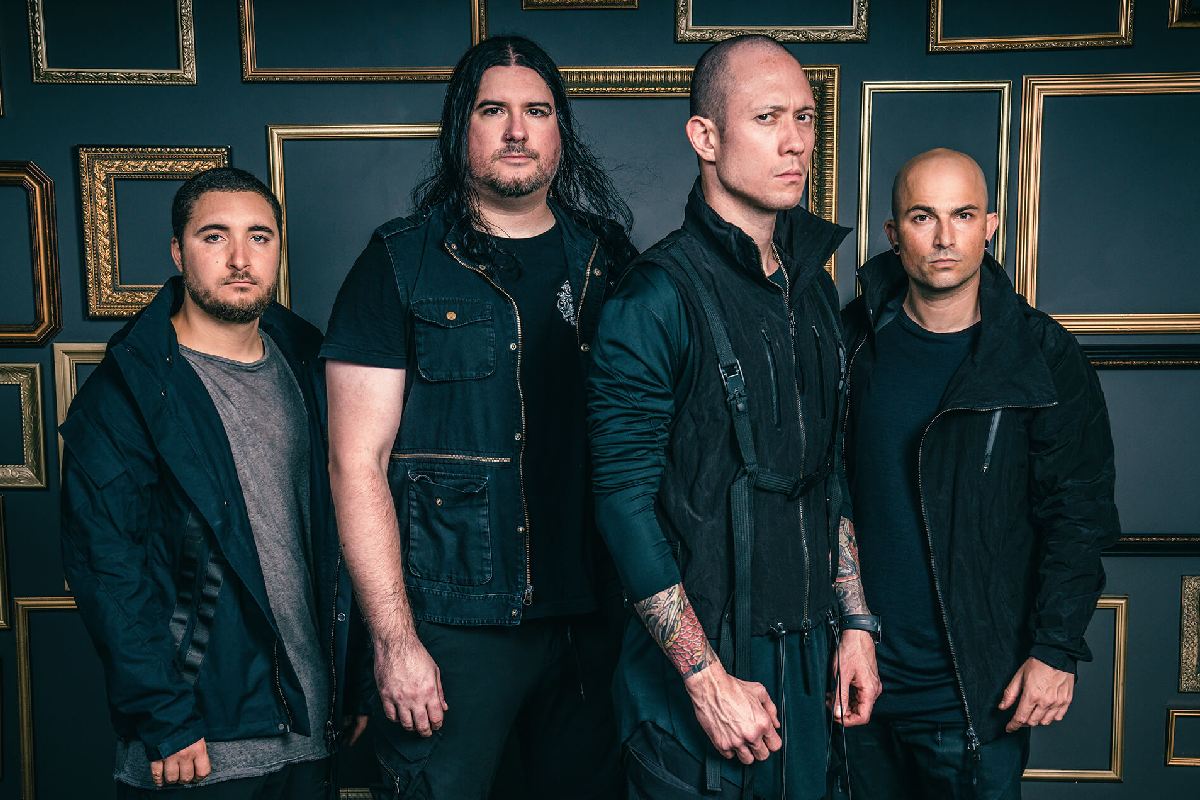
Metalcore was born from a fusion of hardcore punk’s raw energy and extreme metal’s aggression. Bands like Killswitch Engage, As I Lay Dying, and Architects helped shape the genre, blending melodic yet heavy riffs, breakdowns, and a mix of harsh and clean vocals. This mix of melody and intensity gave metalcore a distinct sound—one that attracted a younger audience while alienating some traditional metal fans.
The genre pulled heavily from Swedish melodic death metal bands like At the Gates and In Flames, combining those influences with the breakdown-driven structures of hardcore punk. This made metalcore more accessible than some of its extreme metal counterparts—both a blessing and a curse. While it opened doors for a wider audience, it also led to criticism from purists who saw it as too polished or commercialized.
Why Do Metalheads Keep Their Distance?
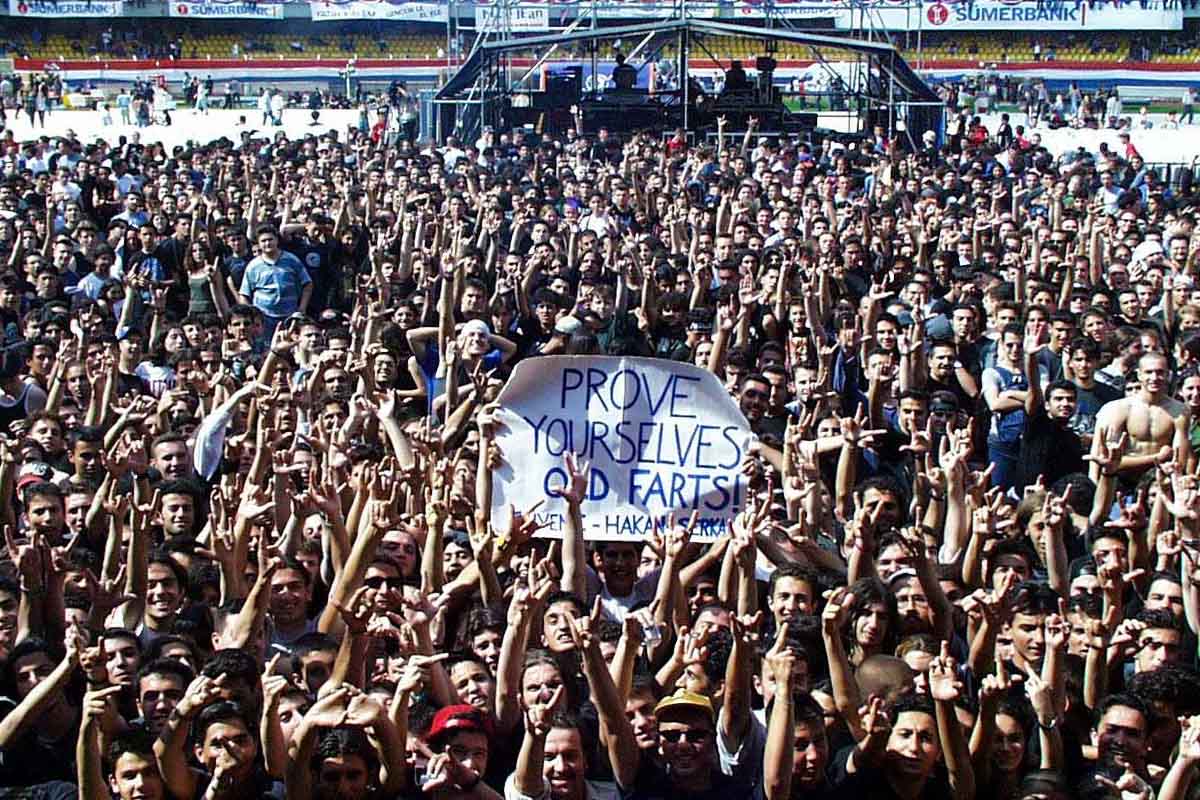
One of the biggest complaints about metalcore is that it doesn’t feel ‘heavy enough’ or ‘authentic’ to many fans. Purists argue that it lacks the raw, unfiltered aggression of death or thrash metal, leaning instead on polished production and predictable song structures.
Another issue is the genre’s visual and cultural presentation. Many metalcore bands adopted elements of emo fashion—tight jeans, swooped bangs, and more theatrical stage personas—which clashed with the rougher, leather-and-spikes aesthetic of traditional metal. The frequent use of clean vocals and emotionally introspective lyrics also created a divide, as many metalheads prefer the darker, mythological, or philosophical themes.
Still, unlike underground black metal or technical death metal, metalcore saw massive mainstream success. Bands like Bullet for My Valentine and Bring Me the Horizon received airplay on major rock stations and landed festival main stage slots. To some, this success signified ‘selling out’—a big sin in metal culture, where staying underground is often equated with credibility.
Metal has always had an element of elitism. Gatekeeping exists in every subculture, but metal’s long history of ‘true vs. false’ debates makes it especially rigid. Many longtime fans reject newer styles simply because they challenge the genre’s traditions. Metalcore, with its mix of influences, is often seen as an ‘outsider’ trying to claim a place in metal without following its unwritten rules.
People Are Starting To Overcome Bias
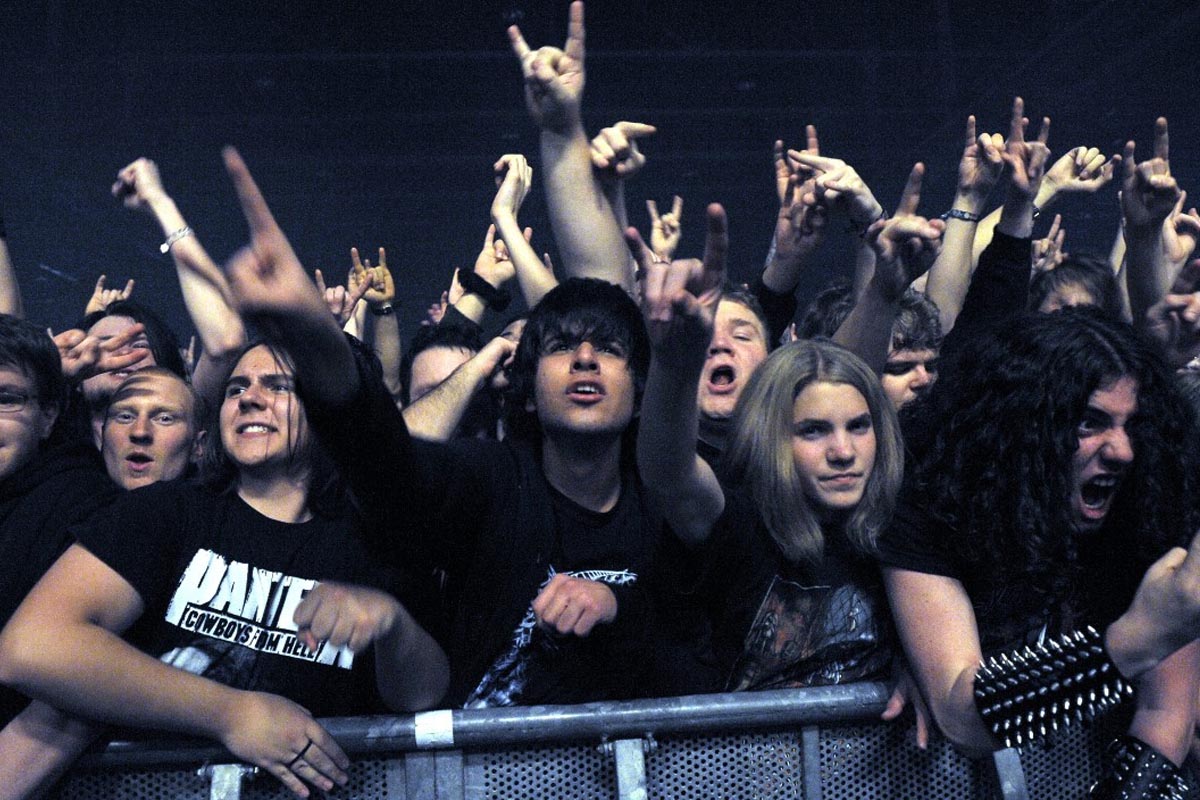
But here’s the thing: Not all metalcore is soft, and not all bands in the genre follow the same formula. Groups like Converge and early Avenged Sevenfold pushed technical boundaries and incorporated extreme elements that rivaled traditional metal in complexity. The obsession with rigid labels sometimes distracts from the actual music—many metalcore bands have written songs just as intense and intricate as those in ‘accepted’ subgenres.
Despite early resistance, metalheads started seeing this as well. After all, metalcore has played a role in metal’s evolution. It introduced a new generation to heavy music, often serving as a gateway to more extreme subgenres. Over time, many musicians who started in metalcore have branched out, blurring genre lines.
Today’s metal scene is more fluid than ever, with bands like Lorna Shore incorporating deathcore and symphonic elements, while metalcore acts like Parkway Drive have evolved into a heavier, more traditional metal sound.
Should Metal Stay Diverse?
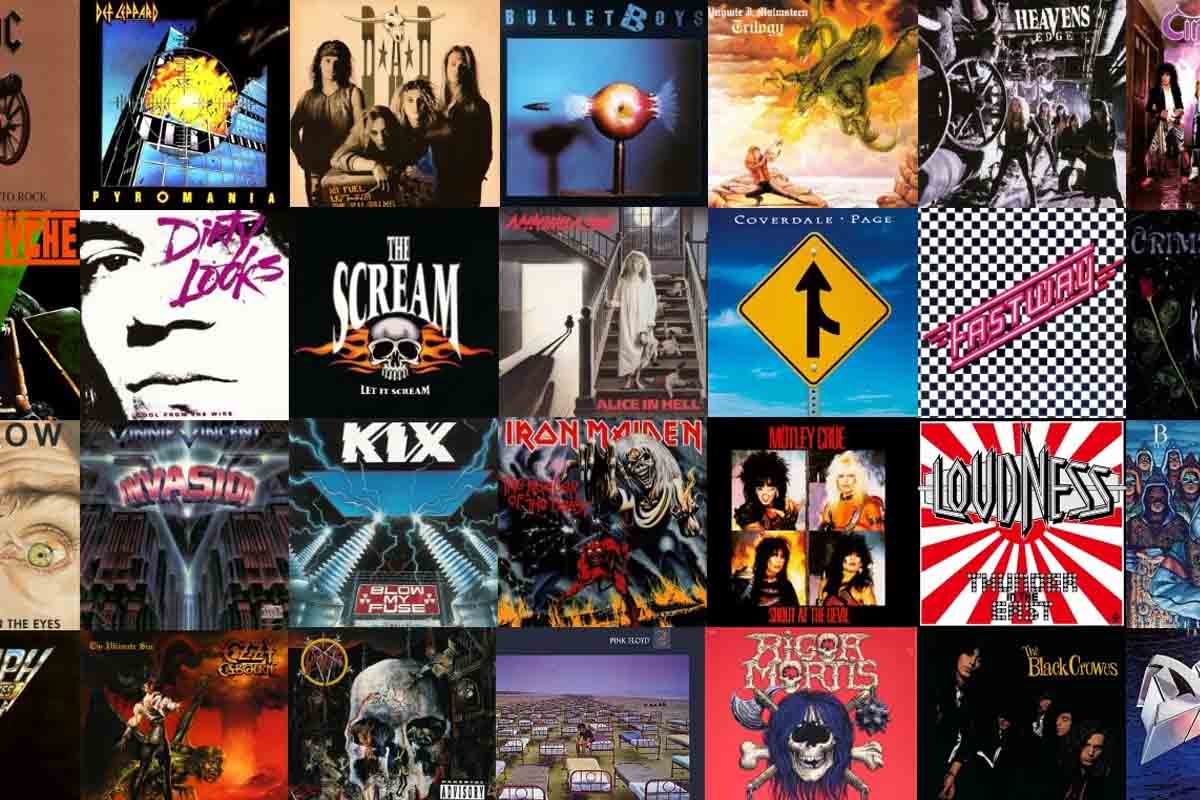
Is the diversity within metal a strength or a threat? That depends on who you ask. While some metalheads will always see metalcore as an outsider, others recognize its contributions to keeping the scene alive and evolving.
Music isn’t meant to be confined by rigid rules, and embracing new sounds doesn’t mean betraying the old. Maybe it’s time to listen without preconceptions and let the music speak for itself.
Have your thoughts on metalcore changed over the years? Do you think metalcore deserves its place in the metal scene, or is it still too far from the genre’s roots?


